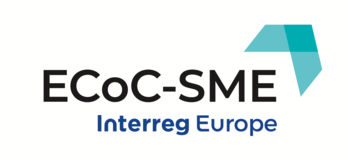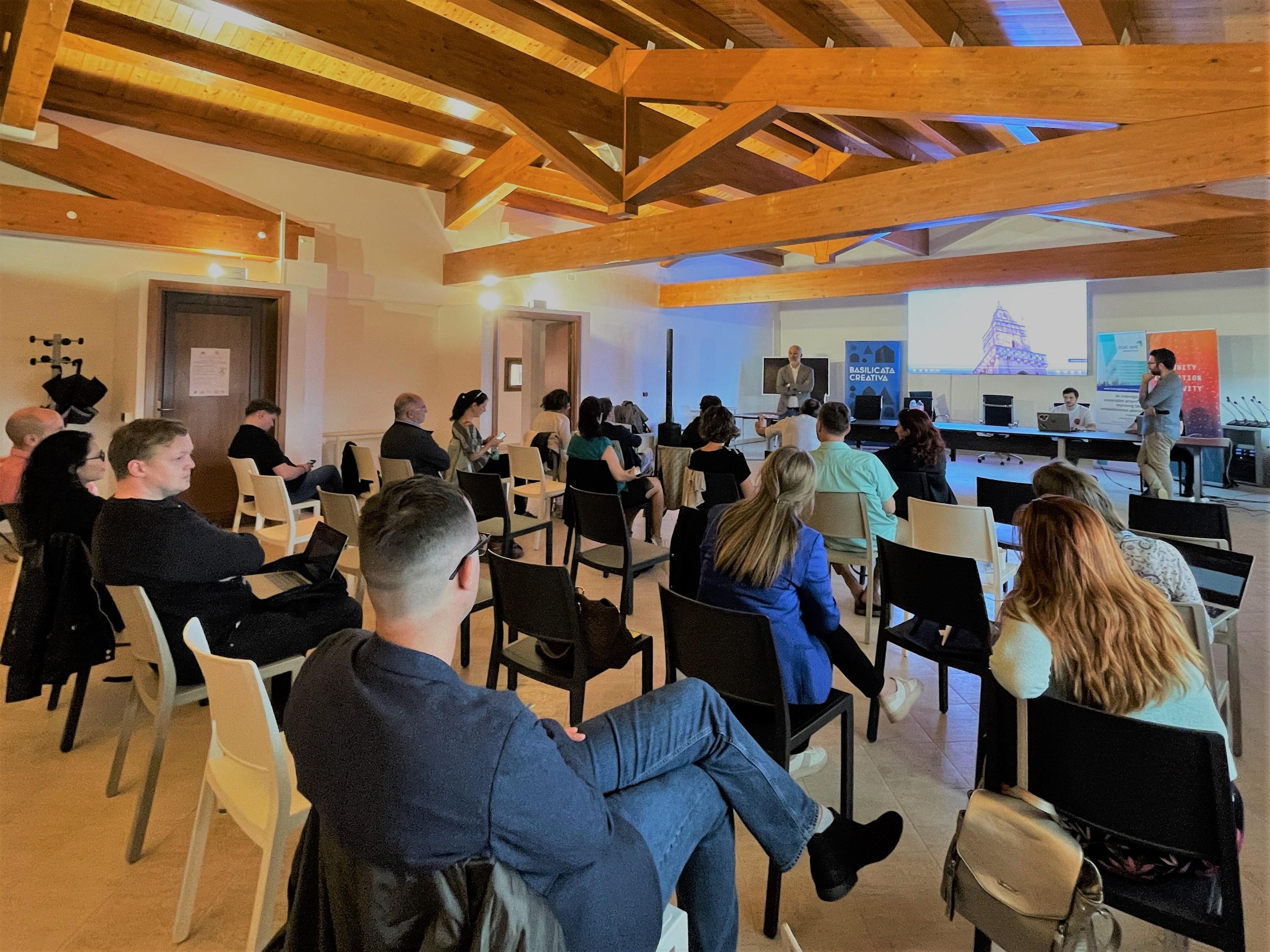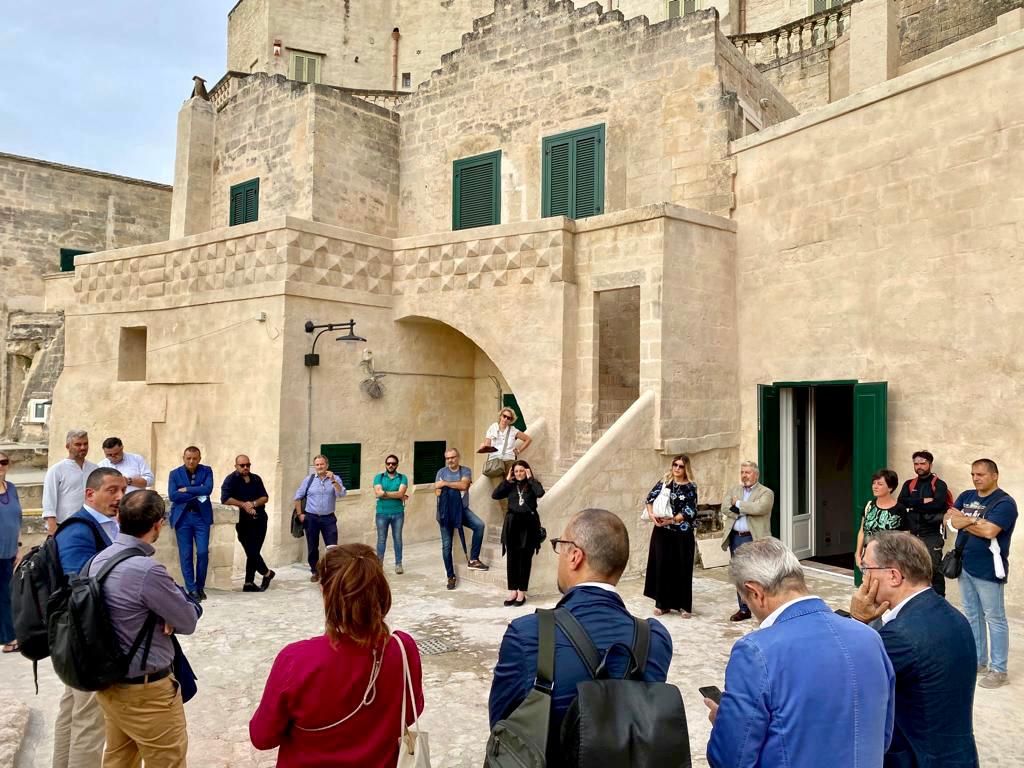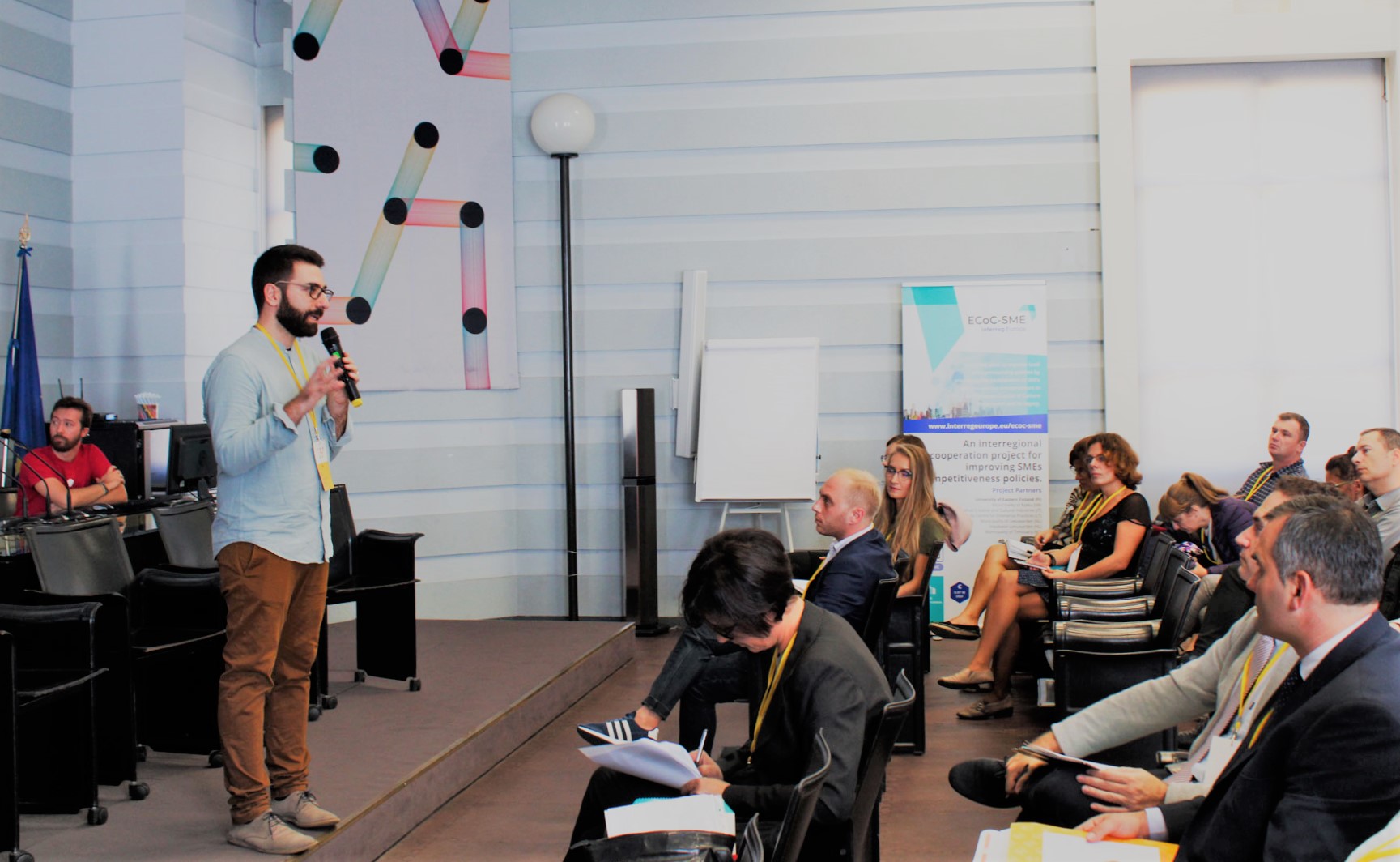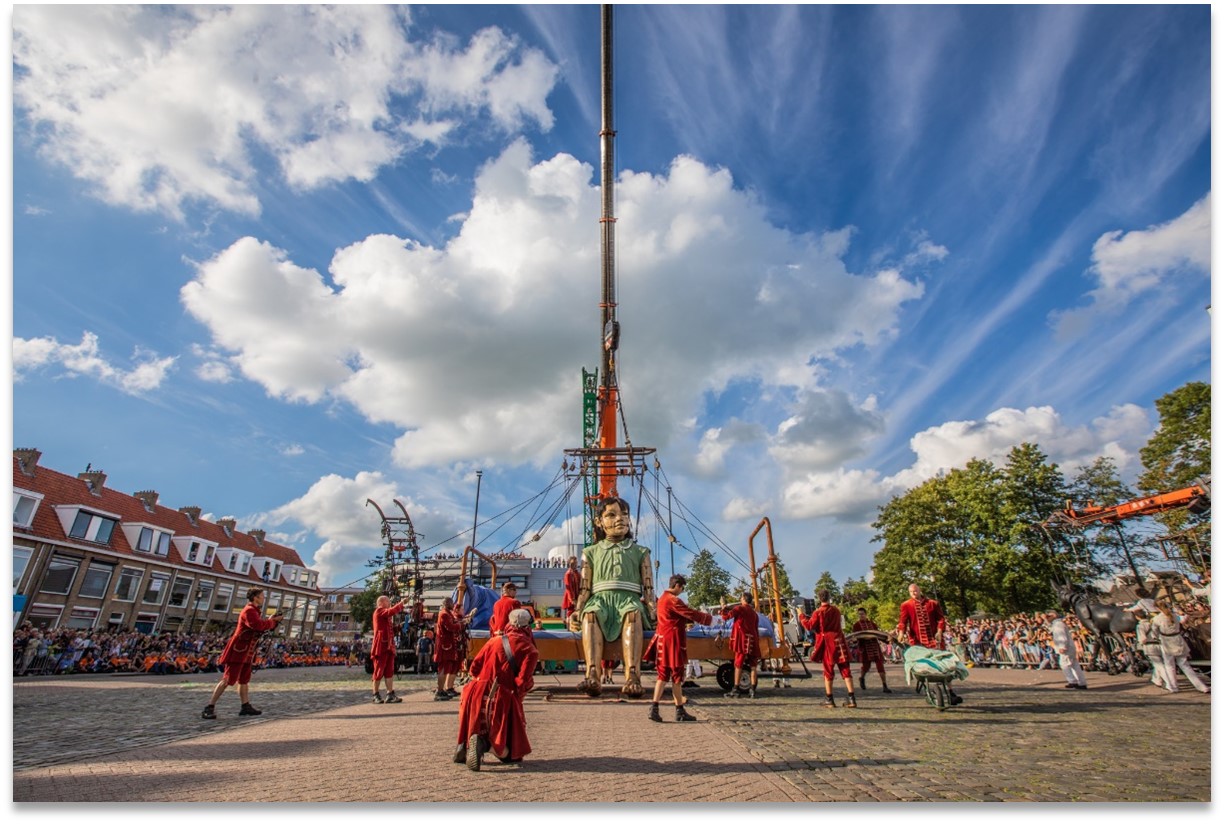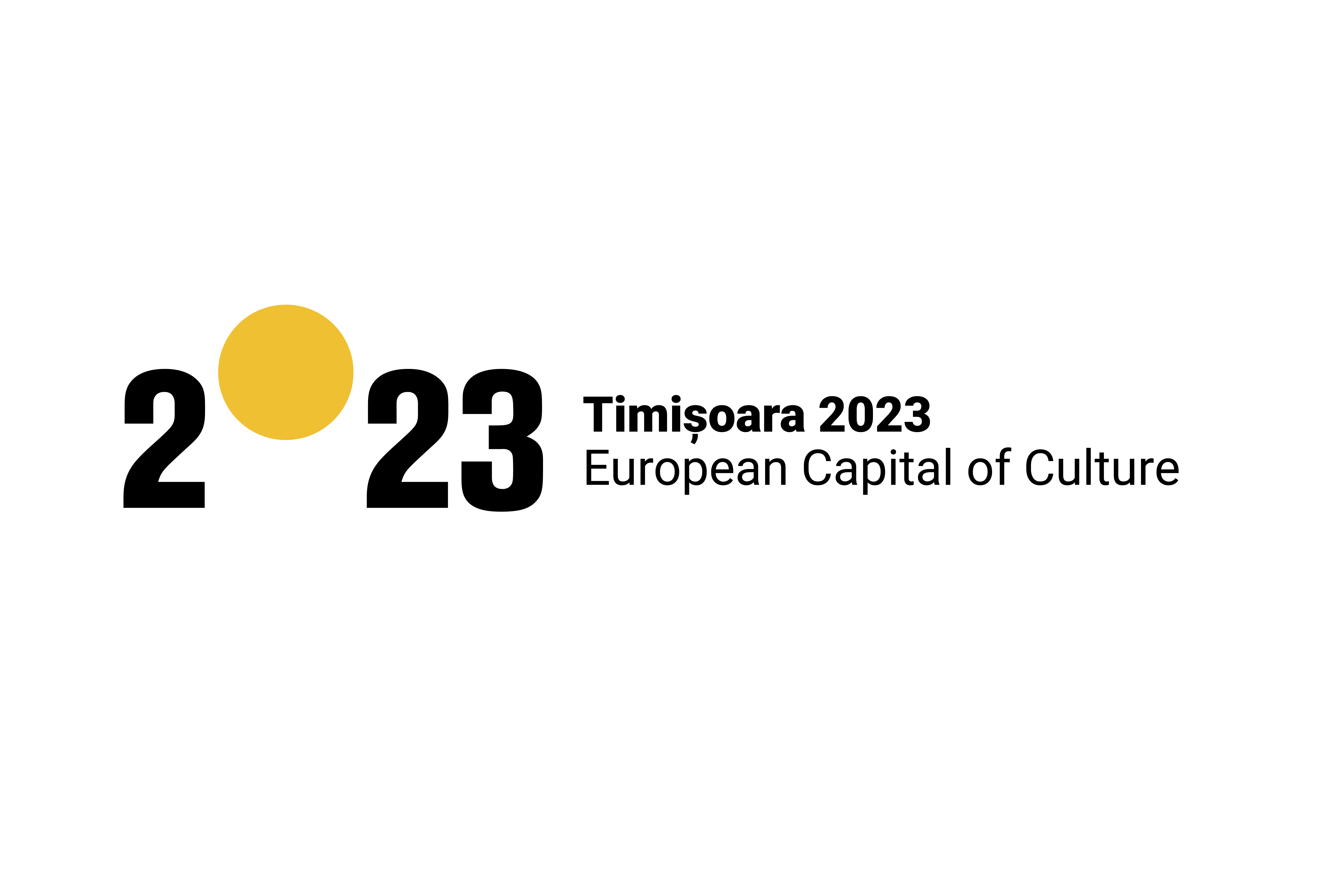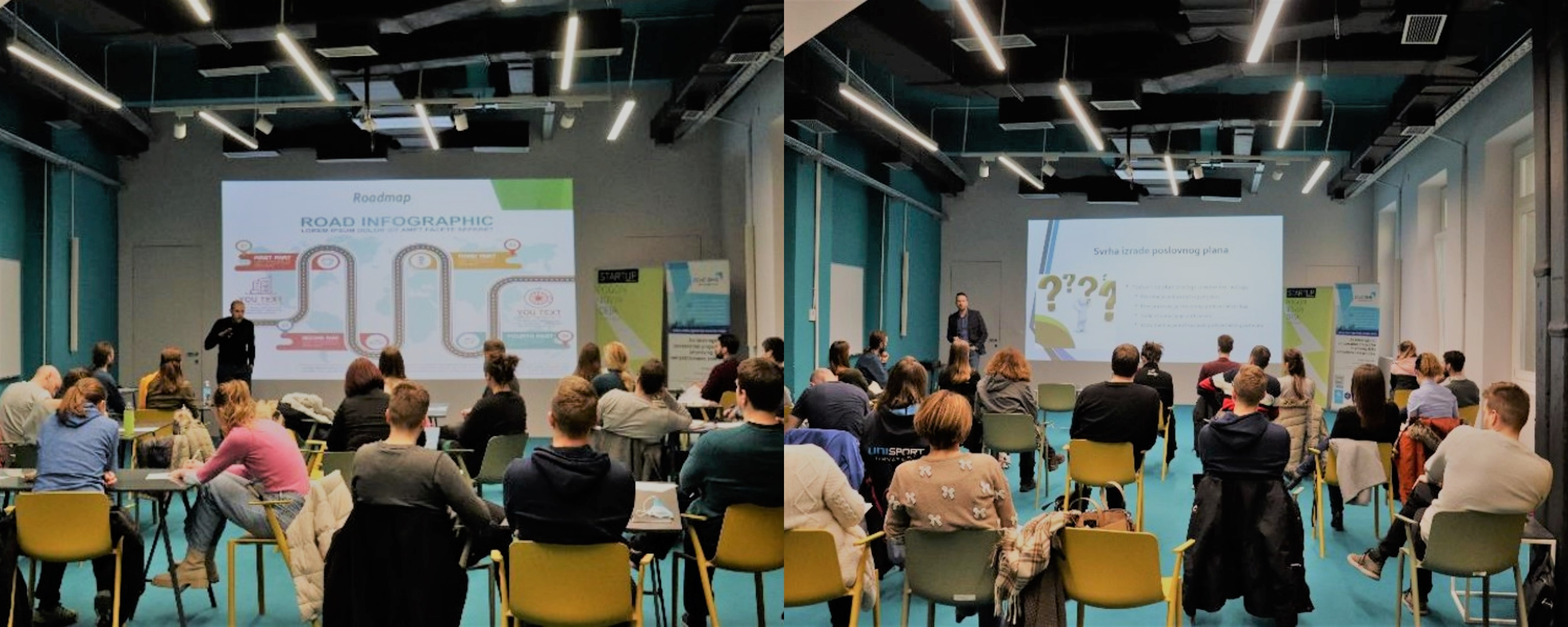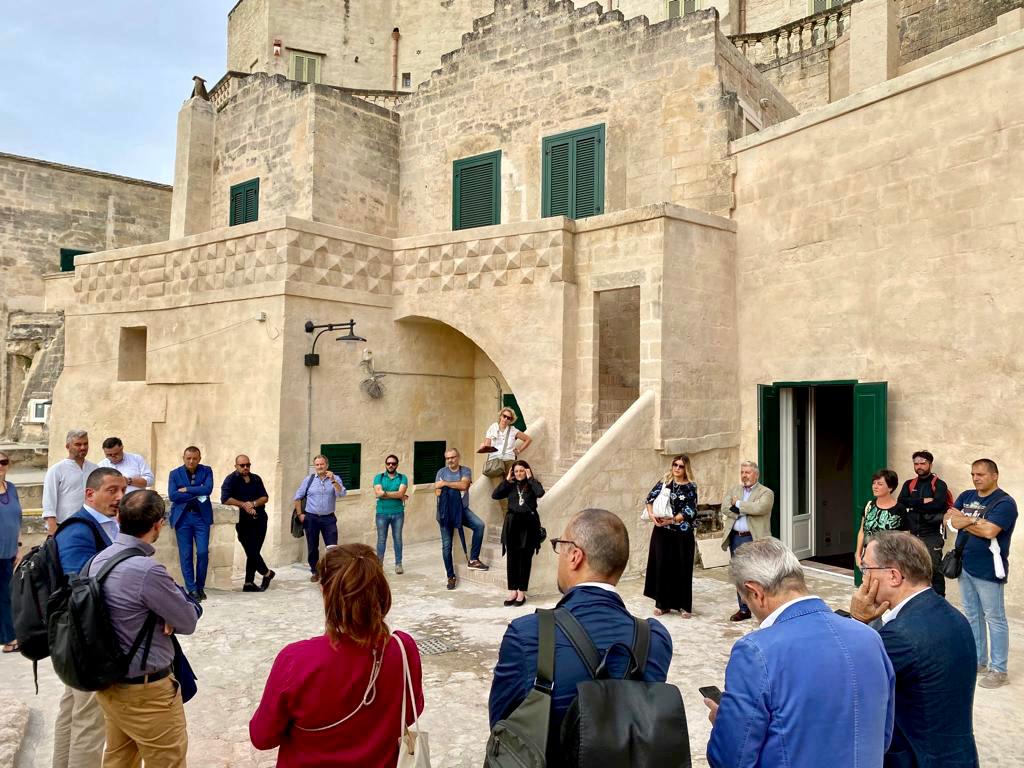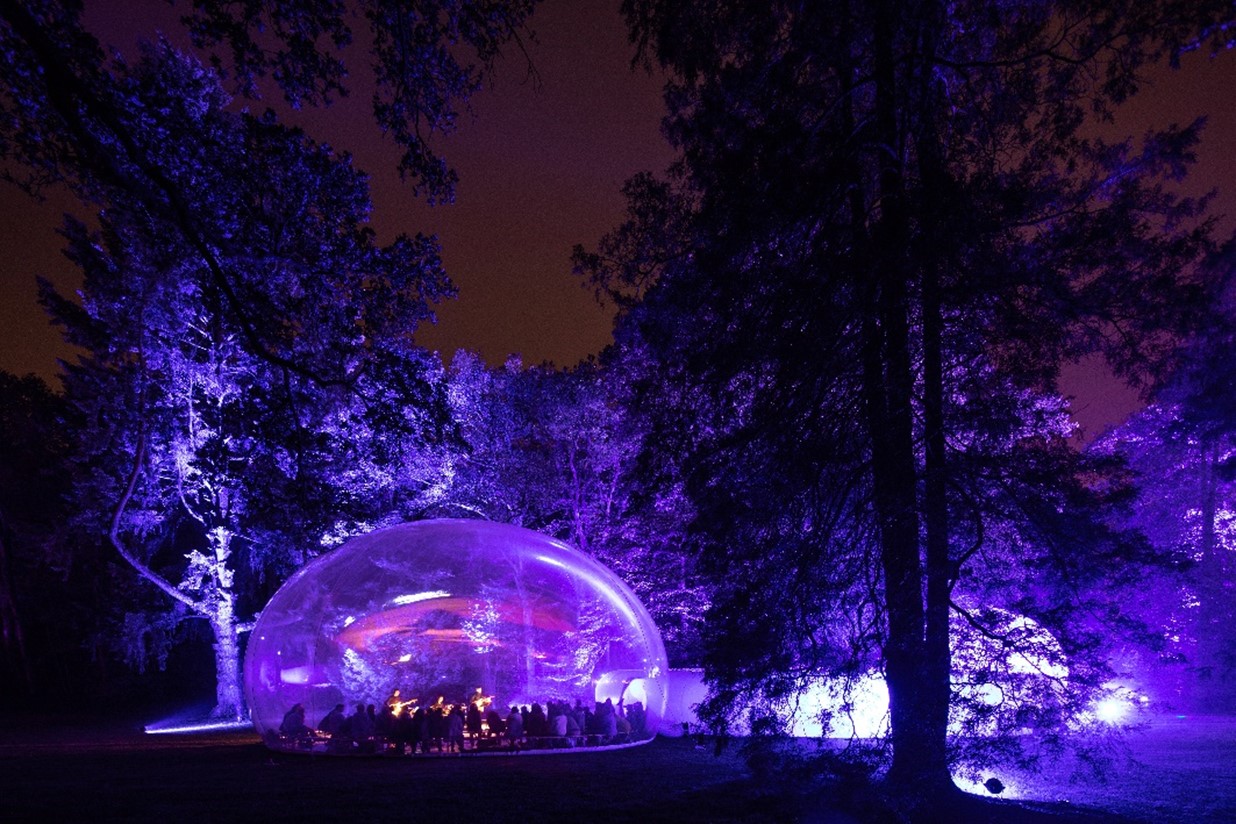 The last of a series of three local learning labs around the topic of youth engagement in business was organised in Timisoara on the 20th January.
The last of a series of three local learning labs around the topic of youth engagement in business was organised in Timisoara on the 20th January.
With 25 invited participants, working groups discussed opportunities, problems, questions and their solutions under the following themes:
1) What opportunities can the ECoC programme offer in the long term in the city and region to increase the involvement of young people? What support tools for young entrepreneurs? How to coagulate in a structured manner young entrepreneurs' interest within the ECoC context for the creation of real opportunities? How to respond to the specific needs of young entrepreneurs in a sustainable way?
2) How can the educational environment help in attracting young people in the development of future entrepreneurship initiatives? How to develop youth entrepreneurial abilities and skills at high-school and university level? How to create a formal framework to sustain entrepreneurial initiatives? How to generate a long term cross –sectoral network to support entrepreneurial initiatives?
3) How can the development of cross-sector partnerships be facilitates and improved between the ECoC programme, educational institutions and the business environment? How to build trust in public administration and between organisations? How to communicate efficiently the role and the needs of the ECoC program? How the Timisoara2021 Association could create the system for the implementing cross-sectoral projects? How can the partnership between education and the private sector stimulated and promoted in the context of the ECoC program? How to attract competencies which could facilitate the implementation of cross-sectorial projects?
4) How can the business environment be involved in ECoC to increase the competitiveness of SMEs? How to identify the needs of the creative sector in relation with the ECoC programme in order to see entrepreneurial opportunities? How to motivate the business sector to develop initiatives in relation with the ECoC mega event? How can one facilitate the access to information needed by the entrepreneurs in order to act?
Initial answers to the challenges formulated above are starting to take shape, some of which during the course of this year may well become the elements of a concrete project or intervention in Timisoara. Such ideas include that universities and companies could cooperate closely in the assessment of real needs in the region, to jointly design and offer entrepreneurial courses with new, innovative teaching methods, business simulators, internships, mentoring and teacher-training. A multi-functional, open platform (on-line and also physical) could support entrepreneurship in the creative and cultural industries sector by disseminating information to the entrepreneurial community, too, about the progress of the ECoC programme and by facilitating exchanges, learning (from good and less successful practices), as well as helping cross-sectoral match-making.

This is, however, just the beginning. These ideas will further evolve in the course of 2020 as they will be exchanged and probed during interregional encounters and further local workshops. The next learning labs and the interregional workshop in Rijeka, European Capital of Culture in 2020, will focus on SME-engagement from the planning to the legacy phase of ECoC as well as on cross-sectoral cooperation and internationalization. Stay tuned!
